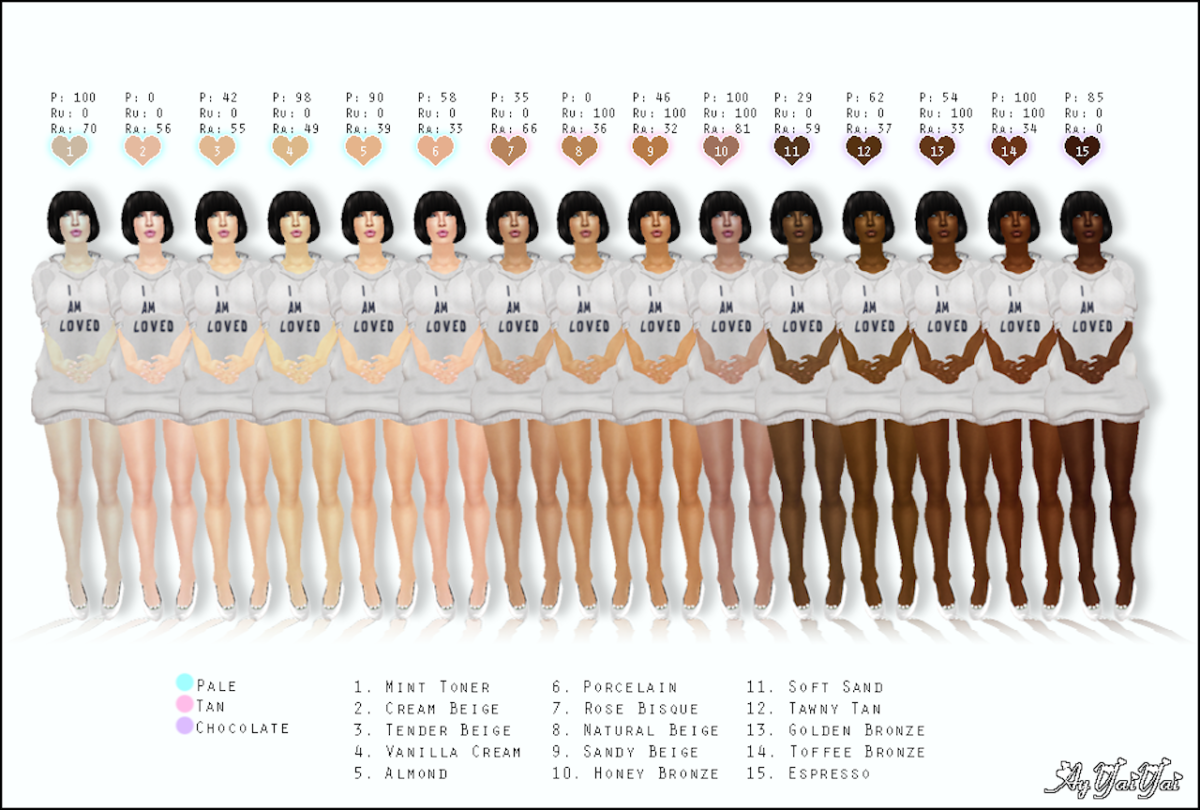- HubPages»
- Books, Literature, and Writing»
- Literature»
- Literary Criticism & Theory
Keats: A Literary Analysis


On First Looking Into Chapman's Homer
By John Keats
Much have I travell’d in the realms of gold,
And many goodly states and kingdoms seen;
Round many western islands have I been
Which bards in fealty to Apollo hold.
Oft of one wide expanse had I been told
That deep-brow'd Homer ruled as his demesne;
Yet did I never breathe its pure serene
Till I heard Chapman speak out loud and bold:
Then felt I like some watcher of the skies
When a new planet swims into his ken;
Or like stout Cortez when with eagle eyes
He star’d at the Pacific—and all his men
Look’d at each other with a wild surmise—
Silent, upon a peak in Darien.
All of us can relate to the feeling of reading a wonderful book for the first time. Often we wish we could go back and relive the event, reexperiencing all the emotions that come with it for the first time. This must have been how the poet John Keats felt, after reading Chapman’s translation of Homer, because he decided to write a poem about his experience. In his poem, Keats uses figurative language, including metaphor and simile, to convey his feelings about reading Chapman’s Homer for the first time.
Keats reveals his feelings about Chapman’s translation of Homer through metaphor. When saying, “Much have I travell’d in the realms of gold / And many goodly states and kingdoms seen; / Round many western islands have I been...” (Keats, Lines 1-4) the author uses metaphor to illustrate the feeling of being transported into a story. He describes how Chapman’s words made him feel as though he literally visited the realms of gold, goodly states, and kingdoms illustrated in the stories. “Oft of one wide expanse had I been told / That deep-brow'd Homer ruled as his demesne; / Yet did I never breathe its pure serene / Till I heard Chapman speak out loud and bold” (Keats, Lines 5-8) Here, Keats uses metaphor to describe Homer as the “ruler” of the world in his stories. Using the word “demesne”, meaning possession of property, the author implies that Homer “owns” the metaphorical property that is Aegean literature and stories of Greece and it’s heroes. The author conveys how he feels about Chapman’s translation by saying despite Homer’s domination of Greek epic poetry, he never breathed that world’s “pure serene” until he read Chapman’s version. Through metaphor, John Keats conveys his feelings about Chapman by illustrating himself being transported into Chapman’s world and depicting Chapman dethroning Homer as the “ruler” of the realm they both portrayed.
The author also uses simile to convey his feelings to the reader. “Then felt I like some watcher of the skies / When a new planet swims into his ken;” (Keats, Lines 9-10) Keats paints himself as the astronomer, who spent his days looking at the same stars and the same orbs, until one day, a bright, gleaming, new planet appeared in his telescope. Imagine how the astronomer would’ve jumped for joy at the renewed wonder brought into his everyday existence and finally finding what he had been looking for. Continuing with the use of simile, Keats illustrates his experience “like stout Cortez when with eagle eyes / He star’d at the Pacific—and all his men.” Keats, Lines 11-12) Again, Keats compares reading Chapman to discovering something entirely new and wonderful, and the sense of excitement that comes with it. Through simile, he parallels his own feelings with how Cortez felt when he embarked on the Pacific, glaring out at the sparkling sea and his men with pride, excitement, and wonder. Finishing the simile Keats says, “Look’d at each other with a wild surmise — / Silent, upon a peak in Darien”. (Keats, Lines 13-14) Here, he parallels his own emotions with Cortez’s men, who were so struck with excitement and wonder they could only look at each other as if to say “Is this really happening?”, while remaining silent.
Poet John Keats used metaphor and simile to describe his experience reading Chapman’s translation of Homer. Describing the event as though he had been transported there, he parallels reading Chapman’s writings with discovering a new planet, or a new world. When reading the poem, the reader can understand the wondrous excitement which accompanies reading a great book for the first time, through Keats’ use of figurative language to convey his emotions.








